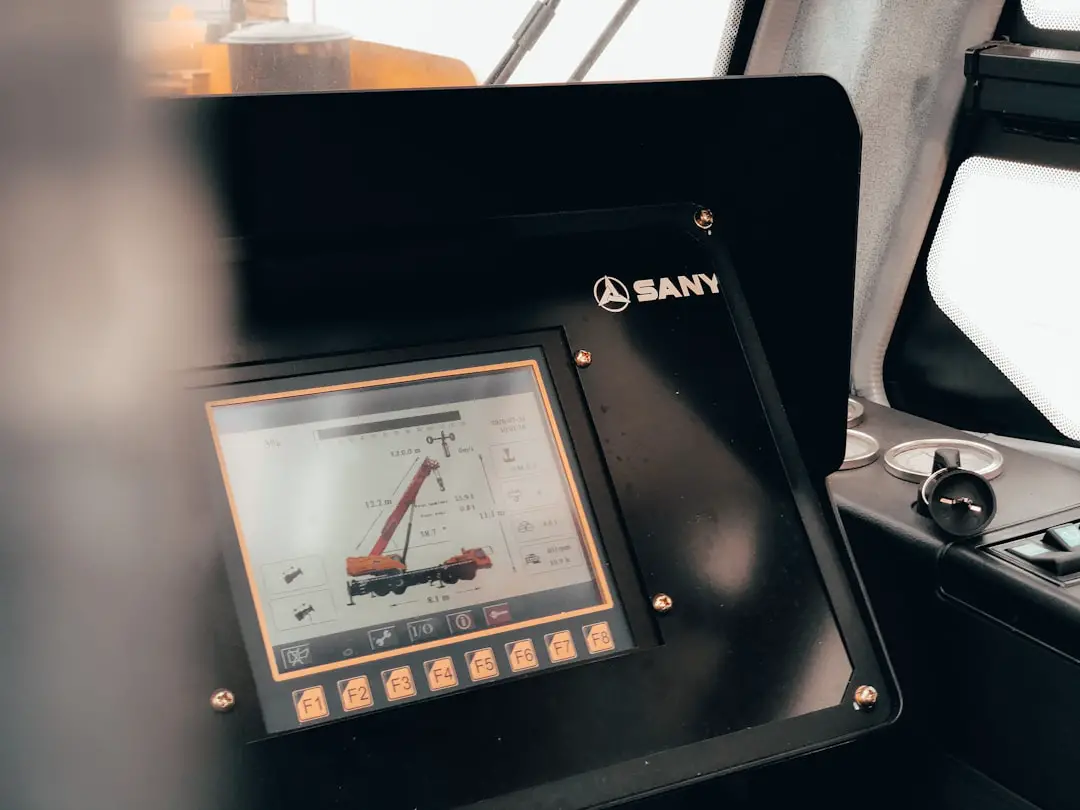Managing disk storage efficiently is becoming increasingly important as data consumption continues to skyrocket. Whether you’re an IT professional, small business owner, or average user, ensuring your data is well-organized and your storage working optimally can improve system performance and reduce the chance of data loss. Thankfully, a selection of both free and paid disk manager programs are available to help you manage partitions, analyze storage usage, and perform secure disk operations without needing advanced technical knowledge.
TL;DR: If you’re looking to manage your disk space effectively, top free tools like Windows Disk Management and GParted offer excellent basic features. For those who need more advanced capabilities like partition recovery, cloning, and automation, paid tools like MiniTool Partition Wizard Pro and Paragon Hard Disk Manager provide robust solutions. This article explores the best programs in both categories to help your system stay in top shape and your data safely managed.
Why You Need a Disk Manager
A disk manager helps you visualize how space is allocated on your drive, optimize partitions, fix corrupted file systems, and sometimes even recover lost data. Modern operating systems offer basic tools for disk management, but third-party applications can provide extended capabilities like:
- Creating, resizing, merging, or deleting partitions
- Analyzing disk space usage visually
- Cloning full drives or partitions
- Converting disks between MBR and GPT
- Data recovery and partition recovery features
Top Free Disk Manager Programs
1. Windows Disk Management (Built-in)
For Windows users, this built-in utility is often enough for basic tasks such as partition creation, deletion, or formatting. It’s not flashy, but it integrates neatly with the OS and doesn’t require any downloads.
Pros: Simple to use, no extra installation needed, native support.
Cons: Lacks advanced features like file system repair or usage visualization.
2. GParted
GParted is a highly respected open-source partition manager. It’s Linux-based but can be used on Windows and Mac through a bootable USB. It’s lightweight yet powerful, allowing you to perform complex disk tasks.
Pros: Open-source, supports most file systems, effective for advanced users.
Cons: Requires technical know-how to use properly, especially bootable media.
3. EaseUS Partition Master Free
This is a user-friendly tool that brings advanced functionality to your fingertips, even in the free version. With drag-and-drop simplicity, you can resize or clone partitions with ease.
Pros: Intuitive interface, some advanced functions included.
Cons: Certain essential features locked behind paywall.

4. DiskGenius Free Edition
DiskGenius offers a rich set of features in its free version. Beyond standard partition management, it includes basic file recovery and backup options.
Pros: Useful extras like recovery, backup tools included.
Cons: Interface may be cluttered for novice users.
5. AOMEI Partition Assistant Standard
The free version of AOMEI’s disk manager is feature-rich and well-suited for home users. You can align partitions, migrate OS to SSD, resize/move partitions, and more.
Pros: Excellent for SSD migration and alignment, stable performance.
Cons: More powerful features only available in Pro version.
Best Paid Disk Manager Programs
1. MiniTool Partition Wizard Pro
MiniTool’s Partition Wizard is a versatile and deep feature-packed tool ideal for individuals or professionals who need more than just basic partitioning. The Pro version supports partition recovery, disk benchmark, and space analyzer tools.
Price: Starts around $59/year
Pros: Reliable, intuitive UI, full-featured toolkit.
Cons: Subscription model may not appeal to all.
2. Paragon Hard Disk Manager Advanced
Paragon is a veteran in disk management software and it shows in its powerful set of tools for file system optimization, backup, recovery, and redistribution of free space.
Price: Around $79.95 one-time purchase
Pros: Enterprise-quality features, excellent backup integration.
Cons: Requires a learning curve for first-time users.

3. Acronis Disk Director
Acronis Disk Director offers strong capabilities like disk cloning, volume operations, and partition management along with support for dynamic disks. It’s often used in corporate environments where advanced control is essential.
Price: Starts around $49.99
Pros: Robust, multi-platform support, excellent performance.
Cons: Overkill for the casual user.
4. EaseUS Partition Master Pro
Upgrading to the pro version unlocks a broad range of disk utilities, including enhanced support for dynamic volumes, OS migration, and partition recovery. It also offers customer support with the purchase.
Price: Starting from $39.95
Pros: Very user-friendly, good balance of price and features.
Cons: Recurring fees for full features.
5. Macrorit Partition Expert Pro
This lesser-known player in the disk management field still boasts impressive speed and security. It promises 100% data safety with its operation rollback feature, making it a reliable choice.
Price: Around $39.95
Pros: Lightweight, rollback support, lifetime updates option available.
Cons: Lacks some niche features others provide.
Feature Comparison: Free vs. Paid
| Feature | Free Tools | Paid Tools |
|---|---|---|
| Create/Resize Partitions | ✔ | ✔ |
| File System Conversion | ✖ / Limited | ✔ |
| Partition Recovery | ✖ / Partial | ✔ |
| Clone Disk/OS Migration | ✖ | ✔ |
| Visual Disk Map | ✔ | ✔ |
| Technical Support | ✖ | ✔ |
Tips for Choosing the Right Disk Manager
Here are a few things to consider when selecting the perfect disk manager for your system:
- Your Operating System: Not all tools support every OS natively.
- Budget: Determine if the free version meets your needs before paying.
- Feature Set: Compare what’s included in the free vs. paid versions carefully.
- Ease of Use: Choose a UI that’s friendly and doesn’t overwhelm.
- Data Safety: Look for rollback and recovery options in case operations go wrong.
Final Thoughts
An efficient disk manager is vital to keep your system streamlined and your files safe. While built-in tools like Windows Disk Management may suffice for simple tasks, third-party applications—both free and paid—unlock a world of advanced storage operations. Whether you’re reallocating storage for a growing game library or managing RAID volumes for your business, the right tool can save you hours of work—or even prevent data loss.
Take the time to evaluate your current and potential future disk management needs, and you’ll find a tool that not only organizes your storage but also enhances the longevity and performance of your devices.
